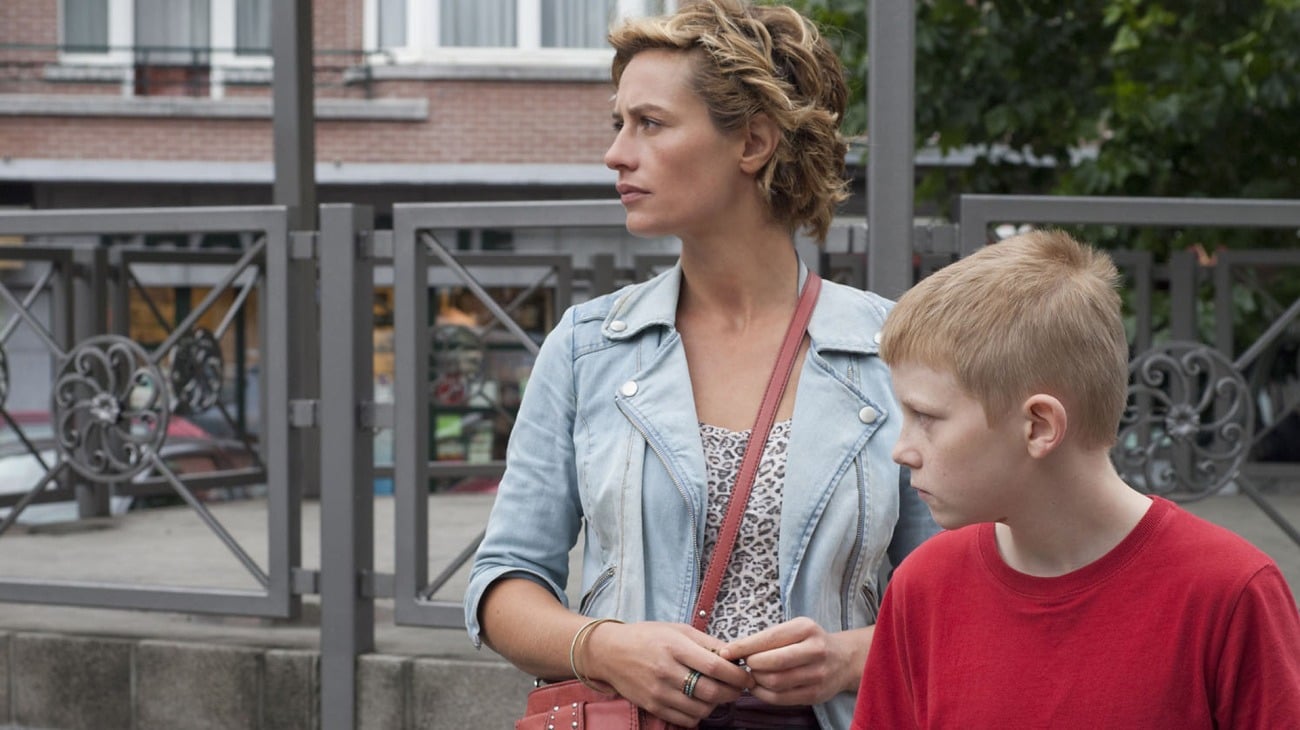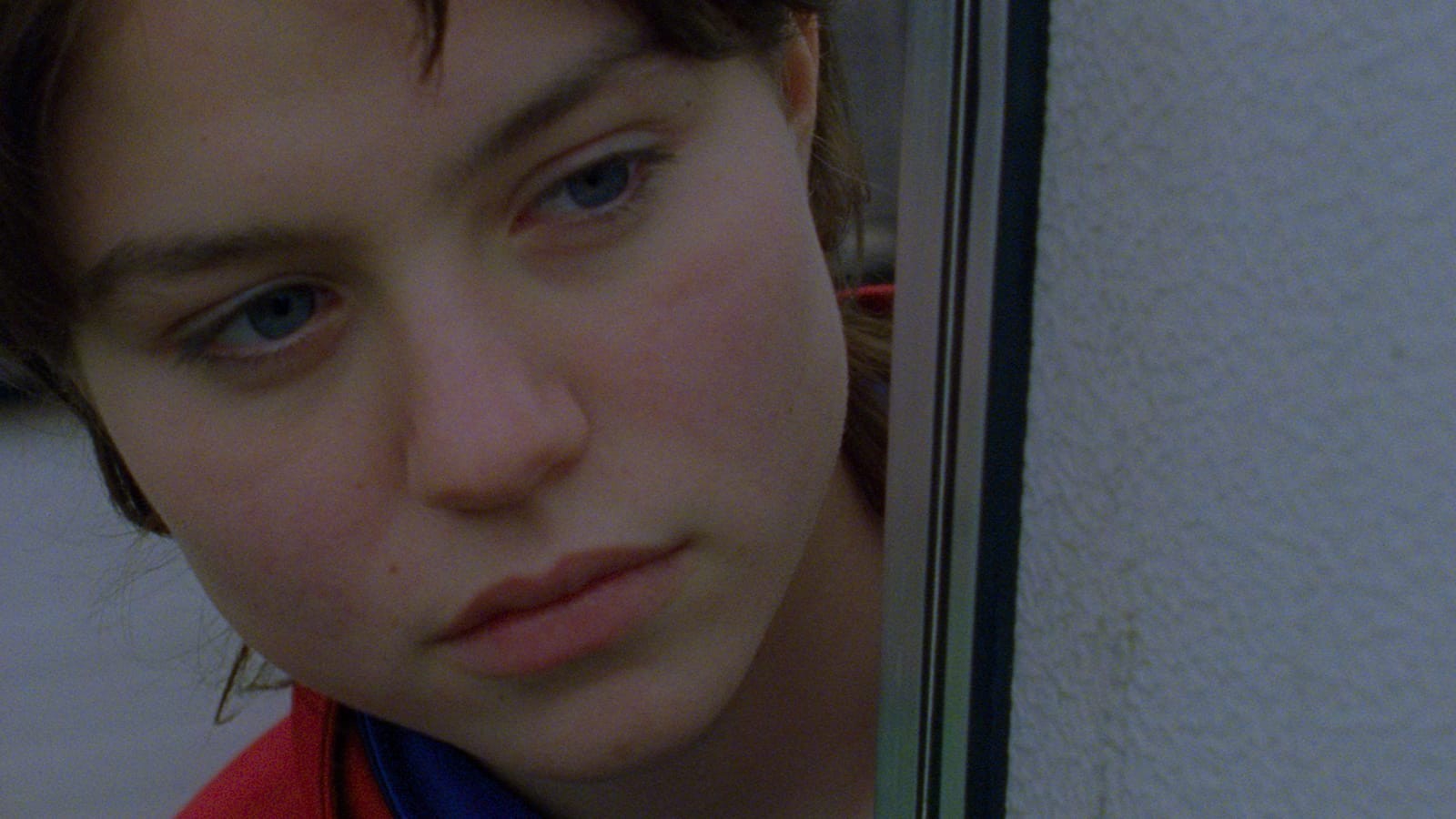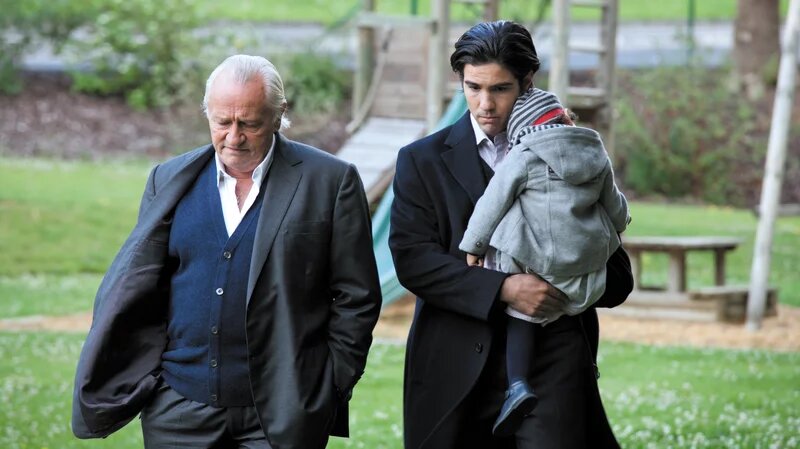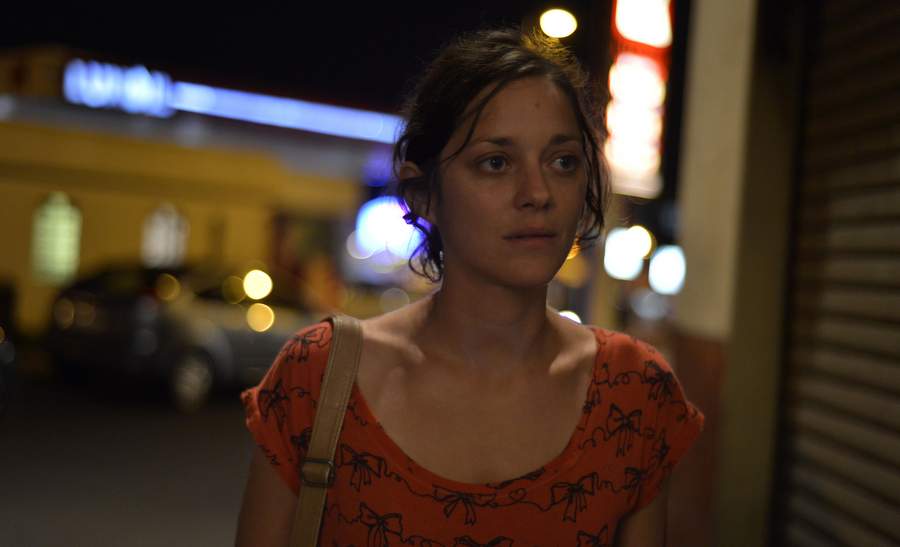The Kid With A Bike is a deceptively simple title for a film this stirring. At 12 years old, Cyril (Thomas Doret) has been abandoned to social care by his father (Jérémie Renier) — but what’s really heart-wrenching is that he’s in denial about the finality of their separation. Cyril’s muscles are seemingly always coiled, ready to spring him away from his carers and onto the next bus that’ll take him to his disinterested dad, who has secretly moved away to “start anew.” It’s only through the random force of Cyril’s few words — like the moment he asks the first stranger to show him some kindness (Samantha, played by Cécile de France) if she’ll foster him on the weekends — that we get to sense the depth of his desperation, because neither the film nor Doret is showy in that regard.
The film pulls off transcendency because of these restrained performances and its unfussy realism. In the quietness of the storytelling, emotion hits unexpectedly — and deeply. The everyday tragedy and miraculous hope of Cyril’s life are set off by some enormously moving orchestral Beethoven, the very grandeur of which underscores the effect of the humanist filmmaking: affirming the inherent preciousness of his troubled, oft-rejected child.
Genre: Drama
Actor: Baptiste Sornin, Cécile de France, Egon Di Mateo, Fabrizio Rongione, Jérémie Renier, Myriem Akheddiou, Olivier Gourmet, Samuel De Rijk, Thomas Doret
Director: Jean-Pierre Dardenne, Luc Dardenne




